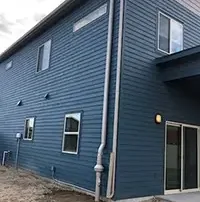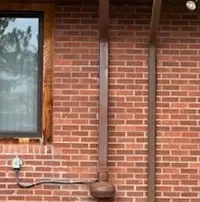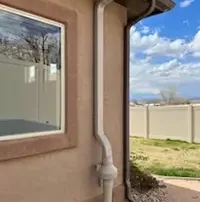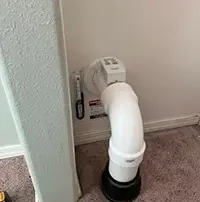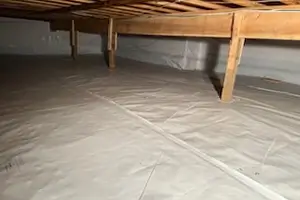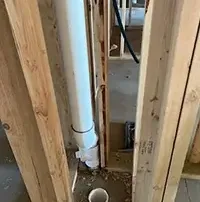What is Radon?
Radon is a naturally occurring gas that is generated as radioactive minerals found in water, soil, and rocks break down. It is colorless, odorless, and tasteless. While its levels vary depending on the location, radon can be found across the entire country, including here in Colorado.
When outdoors, radon is not is not typically a health concern as it is able to disperse quickly. When it enters our homes and businesses, however, radon can become extremely dangerous, posing numerous potentially fatal health risks the longer we are exposed.
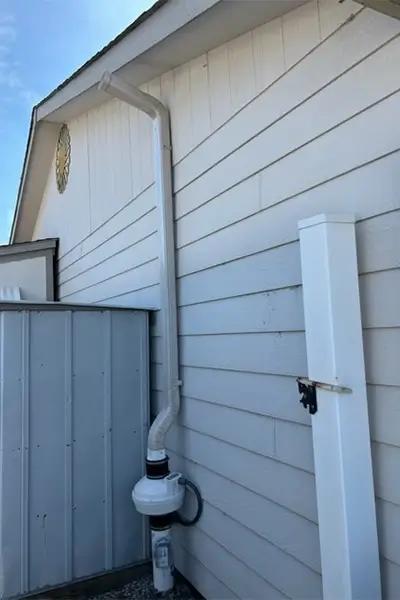
Dangers of Indoor Radon Exposure
Radon gas enters our homes through cracks in the foundation, soil in unfinished crawls spaces, and, in some cases, through ground water. Without proper mitigation, the gas will collect in the lower regions of a building. As we all spend most of our time inside of our homes or businesses, this poses increasingly serious health risks the longer we are exposed.
The International Agency for Research on Cancer (IARC) classifies radon as carcinogenic to humans. In fact, according to the EPA, exposure to indoor radon is the leading cause of lung cancer among non-smokers and is responsible for approximately 21,000 lung cancer deaths per year. Extended exposure to indoor radon has also shown to cause an increase in the frequency of other chronic lung diseases and respiratory illnesses, including emphysema and chronic interstitial pneumonia.
EPA Radon Zones & Action Level
Radon is measured in picoCuries per Liter or pCi/L. To help categorize and document indoor radon levels across counties, the EPA developed what are referred to as Radon Zones:
While no level of indoor radon is safe, the EPA recommends that immediate action be taken to mitigate your property if indoor radon levels exceed 4 pCi/L. According to the Colorado Department of Public Health and Environment (CDPHE), 48.8% of homes in Colorado have radon levels above the 4 pCi/L action level.
Radon Mitigation in Colorado
As of July 1, 2022, the State of Colorado requires all radon mitigation be performed by a licensed professional. Thankfully, the skilled radon professionals at Radon Resolve are licensed and certified by the National Radon Proficiency Program (NRPP) and the American Association of Radon Scientists and Technologists (AARST). We have the skills, training, and tools to handle all commercial and residential radon concerns!
